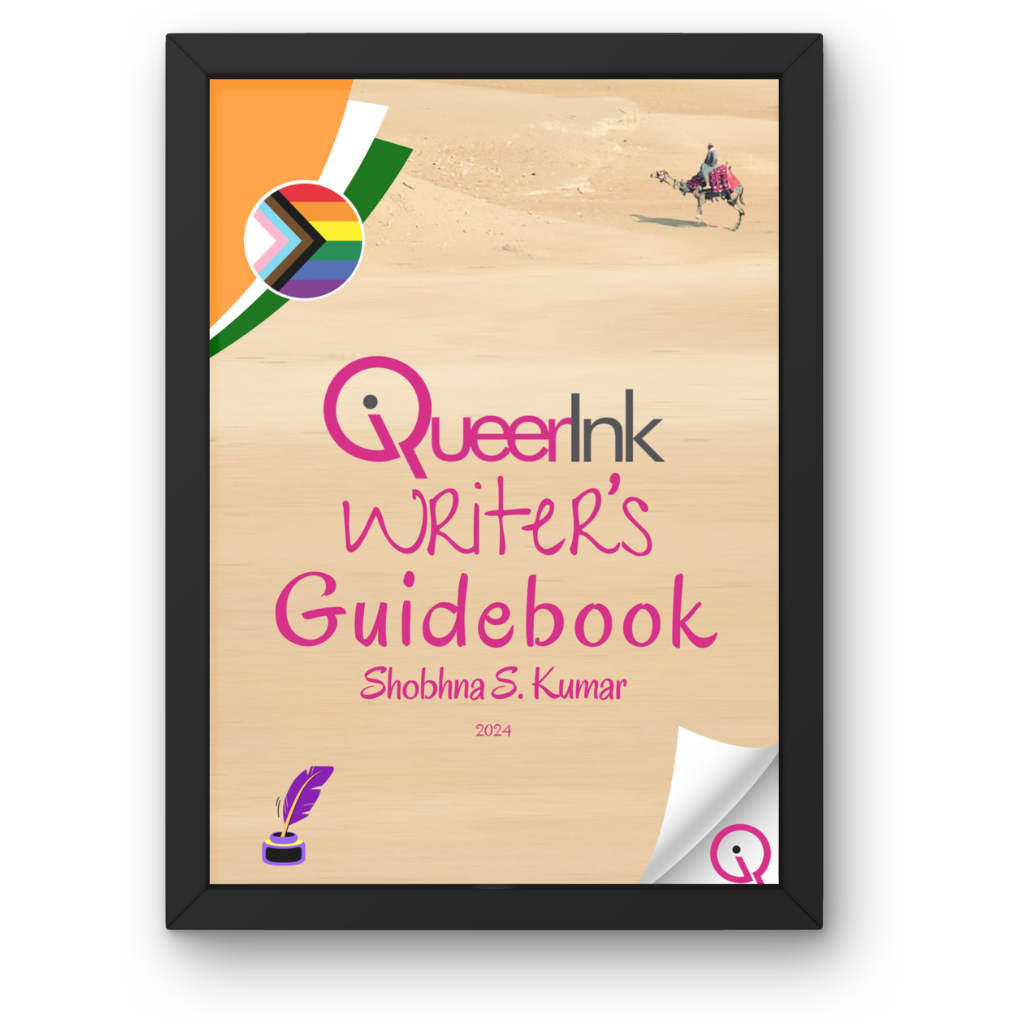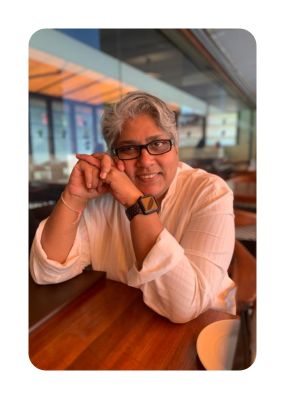India has historically held space for a multitude of lives. Yet, the narratives of its queer citizens have been systematically silenced, distorted, and erased. It’s time to change that. It’s time to write queer India.
The seeds of this erasure were sown during British colonial rule. The introduction of Section 377, the anti-sodomy law in 1861, and the Criminal Tribes Act of 1871, which targeted communities like hijras, were deliberate attempts to impose foreign moral codes and control marginalised groups. While landmark legal victories have brought about change, legal recognition does not equate to social acceptance.
Despite an estimated 105 million individuals identifying as LGBTHQ+ in India, queer representation in Indian literature remains woefully inadequate. The lack of published books with ISBNs focusing on sexuality and gender identity creates a vast void. This absence is particularly stark when it comes to stories of queer Indian women, leaving their unique experiences invisible and unheard.
The Power of Representation: Why is it so crucial to fill this void?
- By writing queer India ourselves, we reclaim our narratives, ensuring that the contributions, struggles, and triumphs of LGBTHQ+ individuals are documented and celebrated. We counter the deliberate erasure of queer history, making it visible and accessible.
- Knowing their history helps younger queer individuals and those exploring their identity connect with their past, understand their place within a larger community, and draw strength from the struggles and victories of previous generations.
- Understanding the historical context of discrimination helps challenge ongoing stigma and prejudice. It provides a framework for understanding the root causes of these issues and advocating for social and legal change.
- When marginalised voices are silenced, it’s easier to ignore their struggles. Writing queer India promotes empathy and understanding by showcasing the diverse experiences and perspectives of LGBTHQ+ individuals.
- Reading stories that resonate with their experiences provides solace, inspiration, and a sense of belonging for queer individuals. Queer literature offers role models and narratives of resilience.
- It’s vital to acknowledge the intersectionality of identities, such as gender, caste, class, and religion, and how they shape the experiences of queer individuals within India. Writing queer India allows us to delve into these complexities.
- As societal attitudes evolve, literature plays a crucial role in reflecting and shaping these changes. Incorporating queer themes and characters into literary works contributes to the normalisation of LGBHTQ+ identities and relationships within Indian culture.
Our Responsibility is to build a more inclusive future
We must build a category of queer representation in Indian literature. This is not just about telling stories; it’s about promoting diversity, challenging prejudice, and fostering empathy.
Our responsibility is to represent ourselves authentically in Indian literature and help create an inclusive and safer environment for future generations. By writing queer India, we are not just telling stories; we are shaping a more just and equitable future.

The Queer Ink Writer’s Guidebook—your path to publishing authentic LGBTHQIA+ stories and a financially successful writing career.
Are you an aspiring writer passionate about crafting authentic, stereotype-breaking stories that centre on the vibrant and complex LGBTHQIA+ experiences in India? The Queer Ink Writer’s Guidebook is your essential resource. This comprehensive guide provides a roadmap to writing queer India, mastering your craft, building a sustainable writing career, and navigating the Indian publishing industry on your terms.

I’m happy to offer free 30-minute virtual chats for LGBTQIA+ folks in India. These sessions are a safe, confidential, and supportive space for anyone interested in sharing stories about queer life in India.


